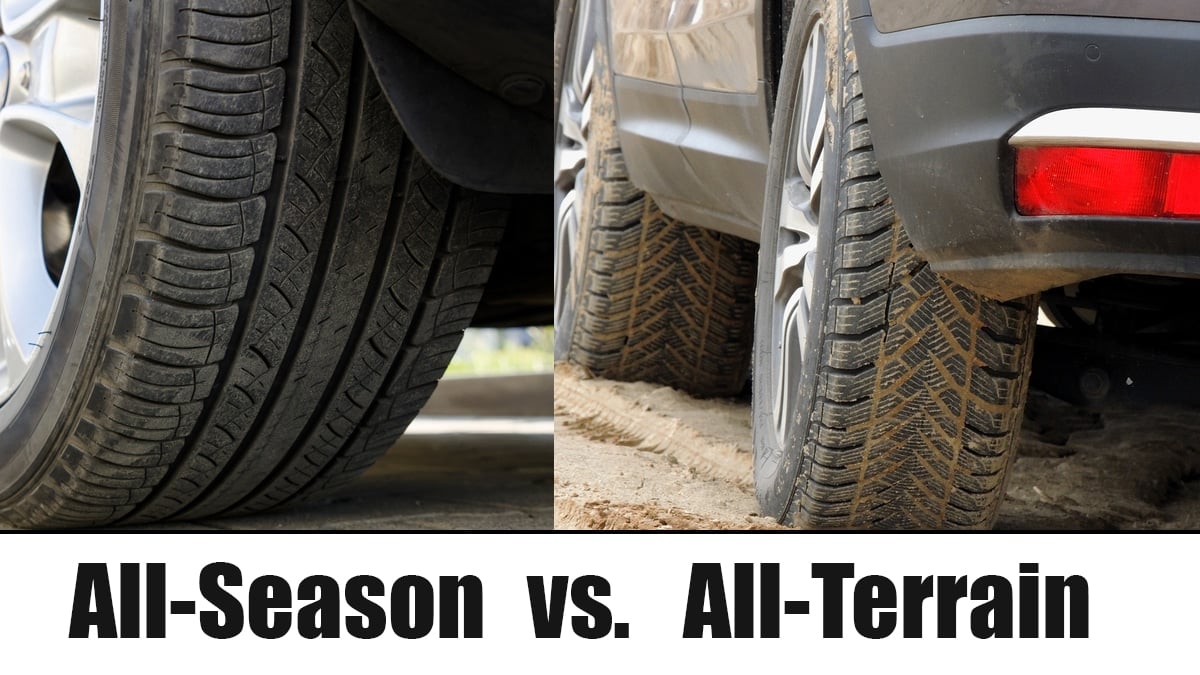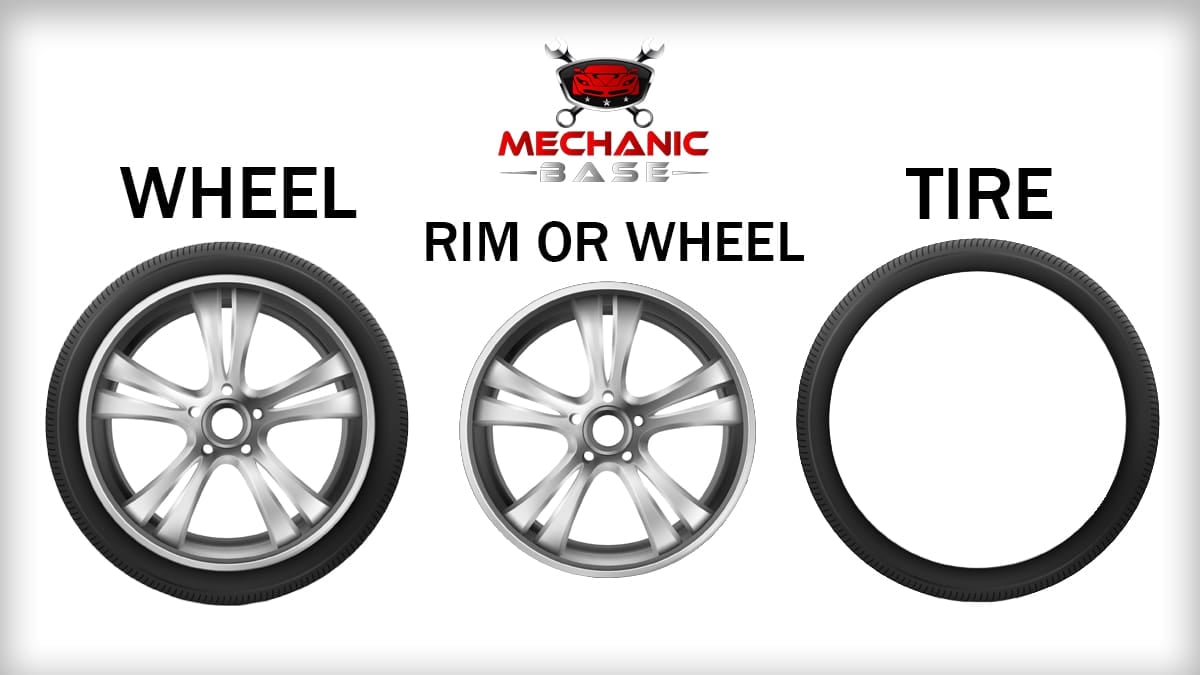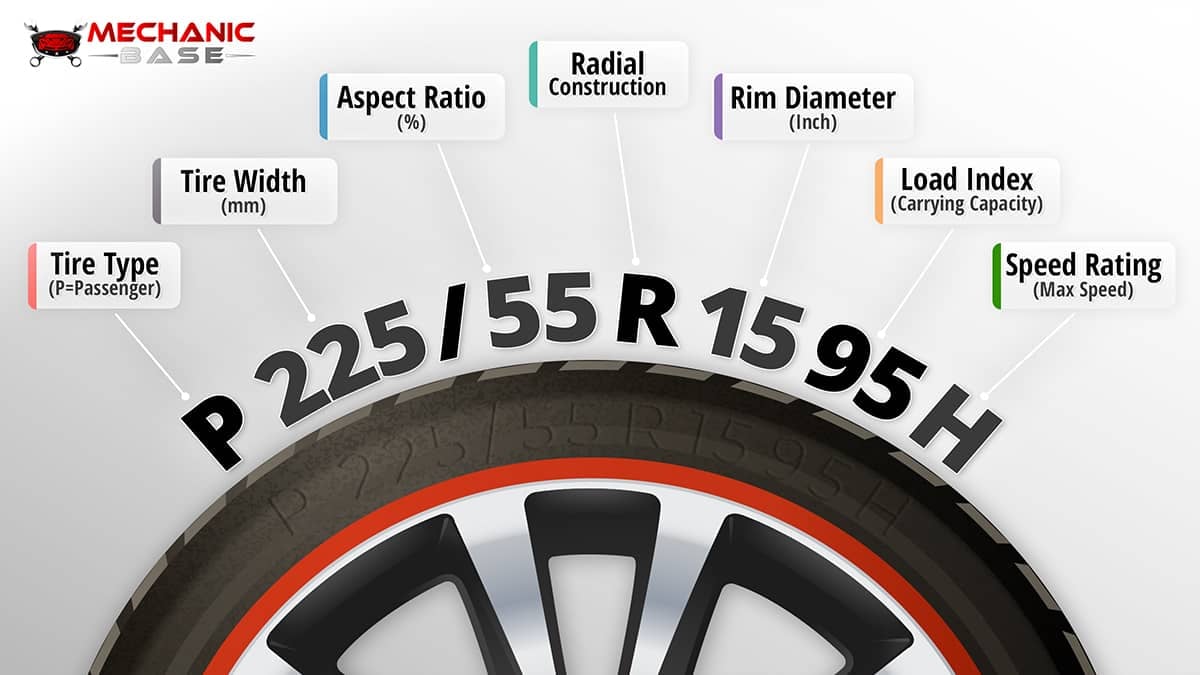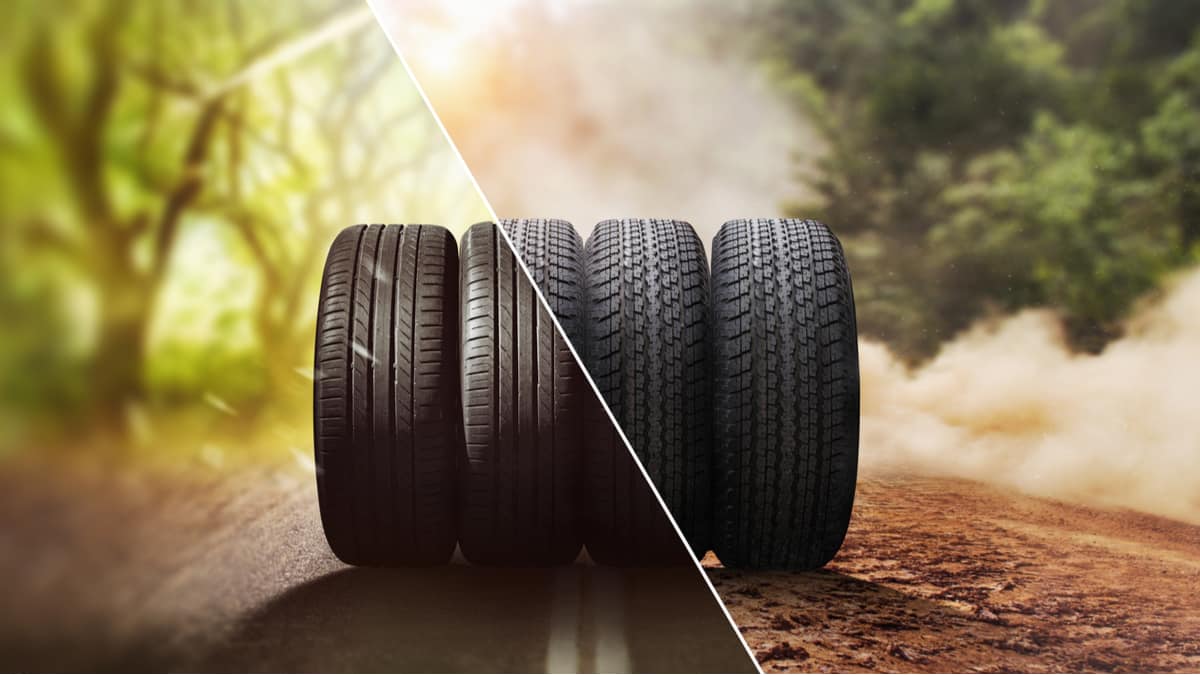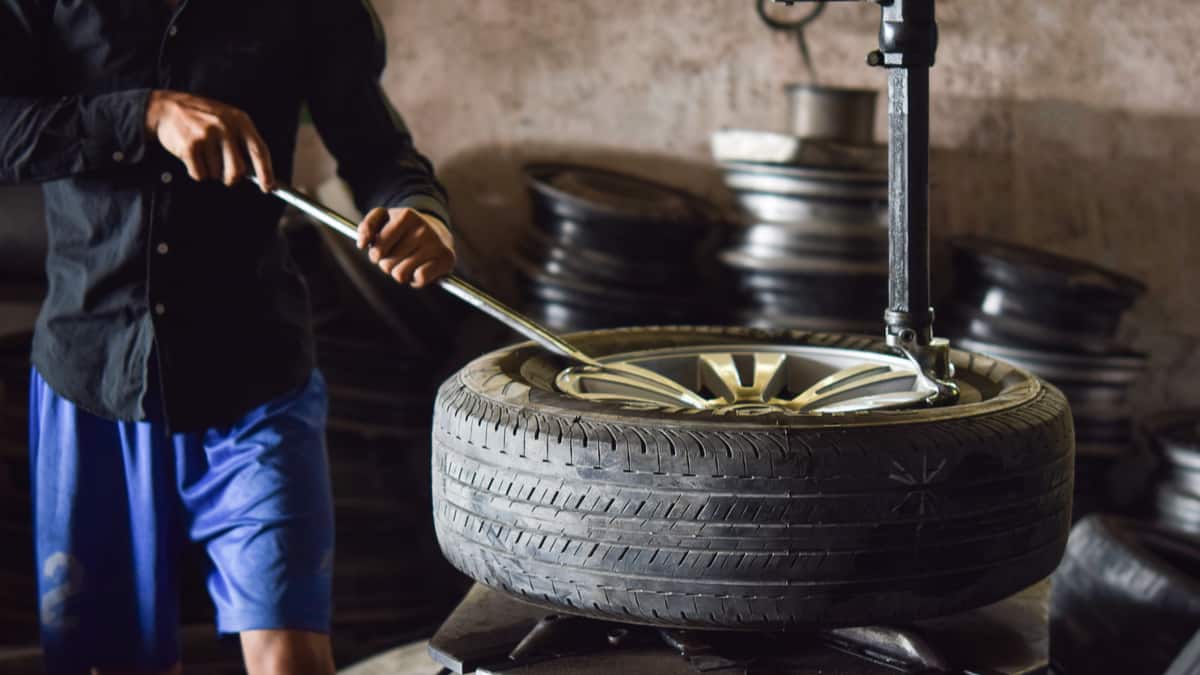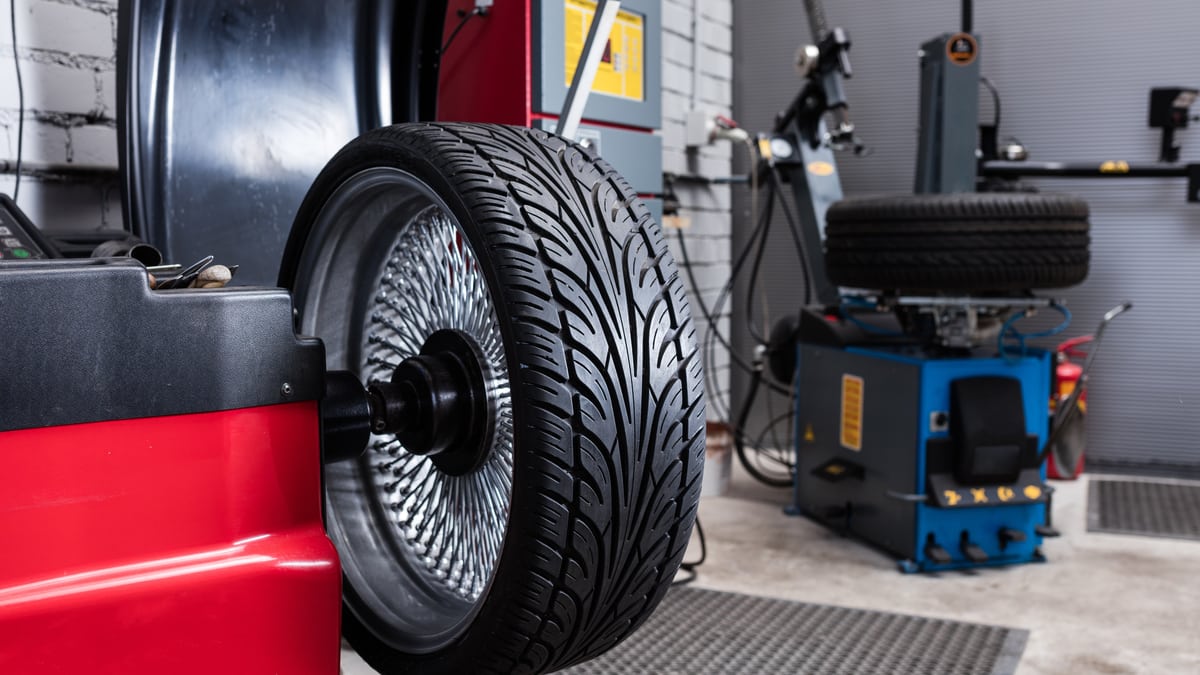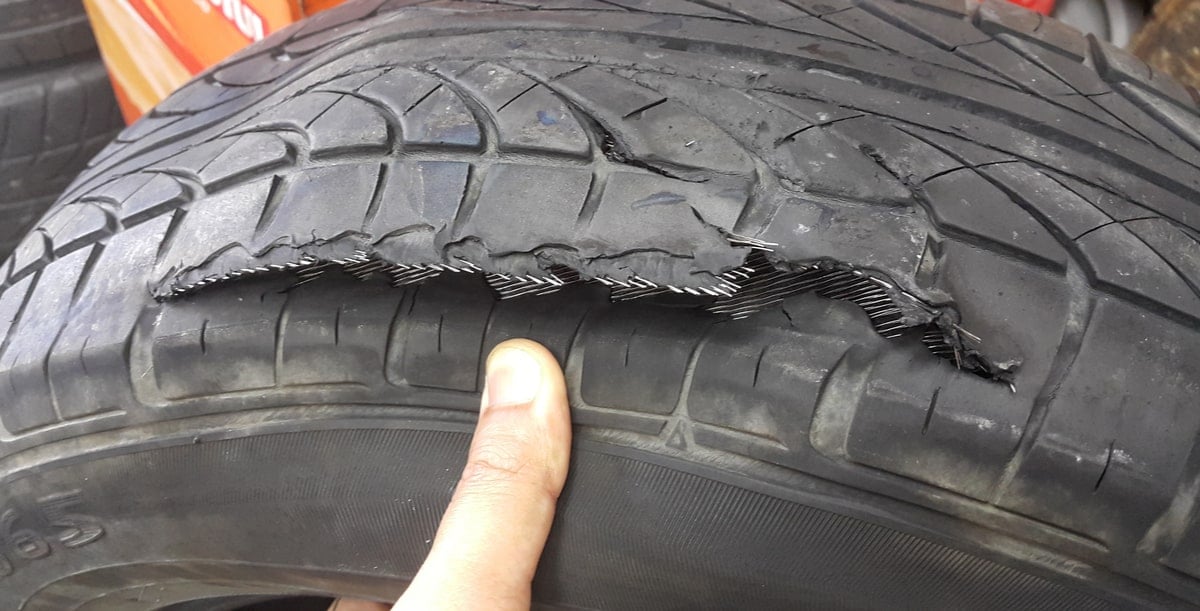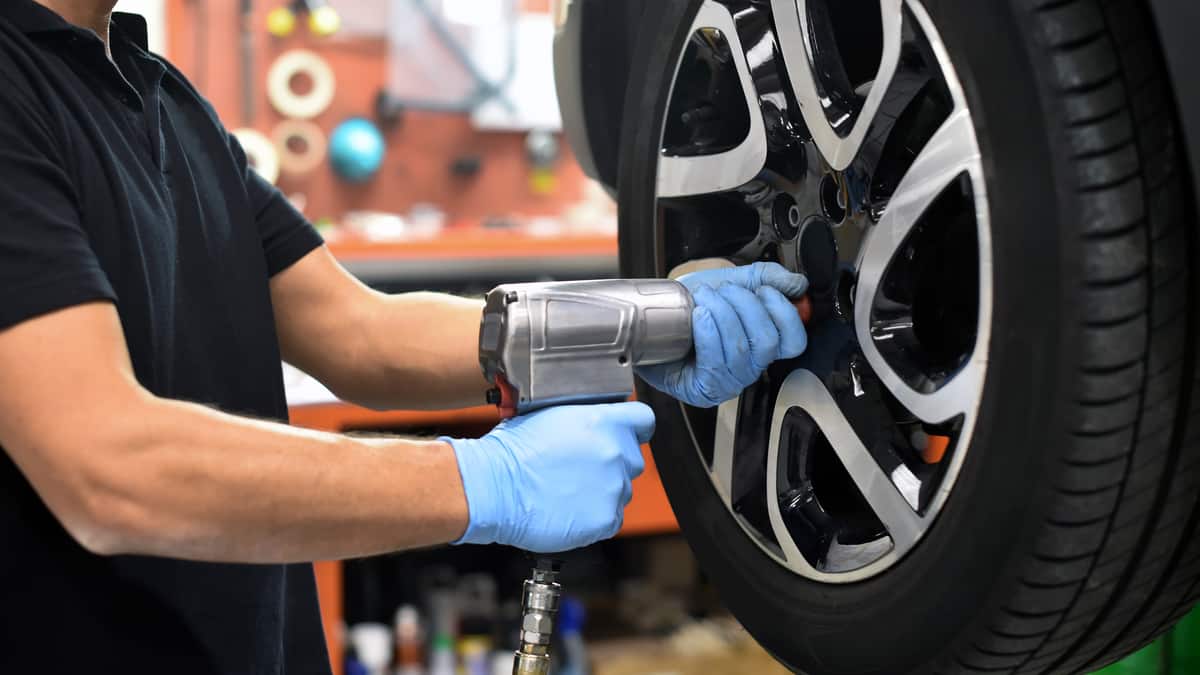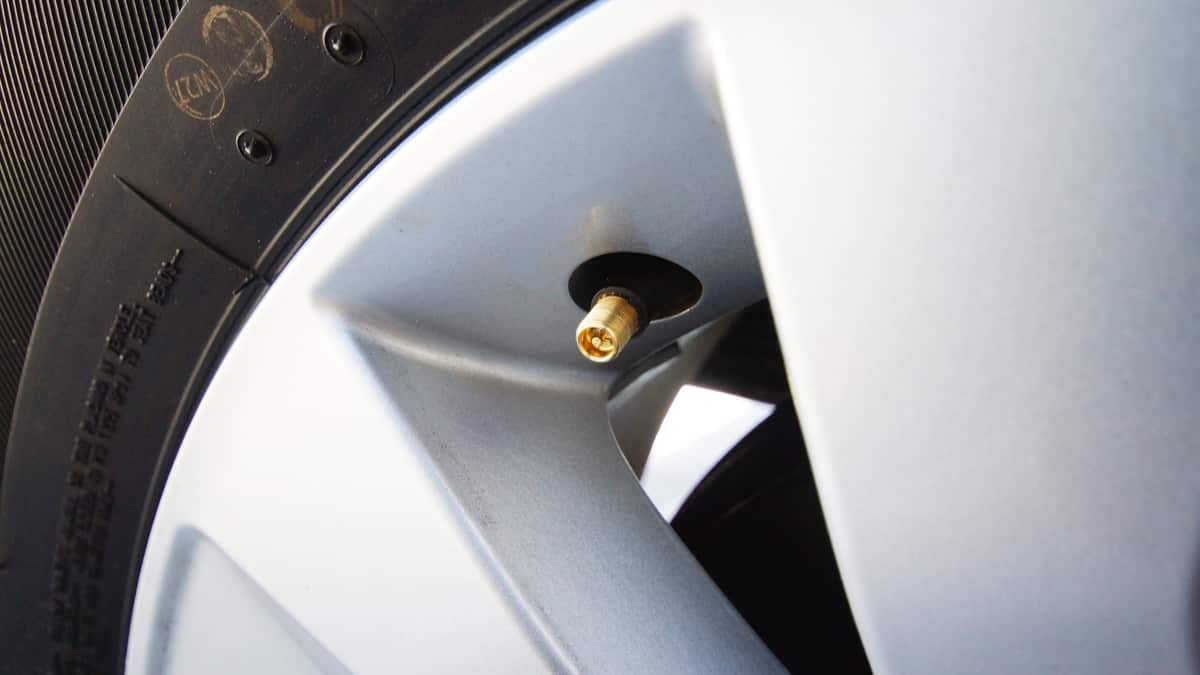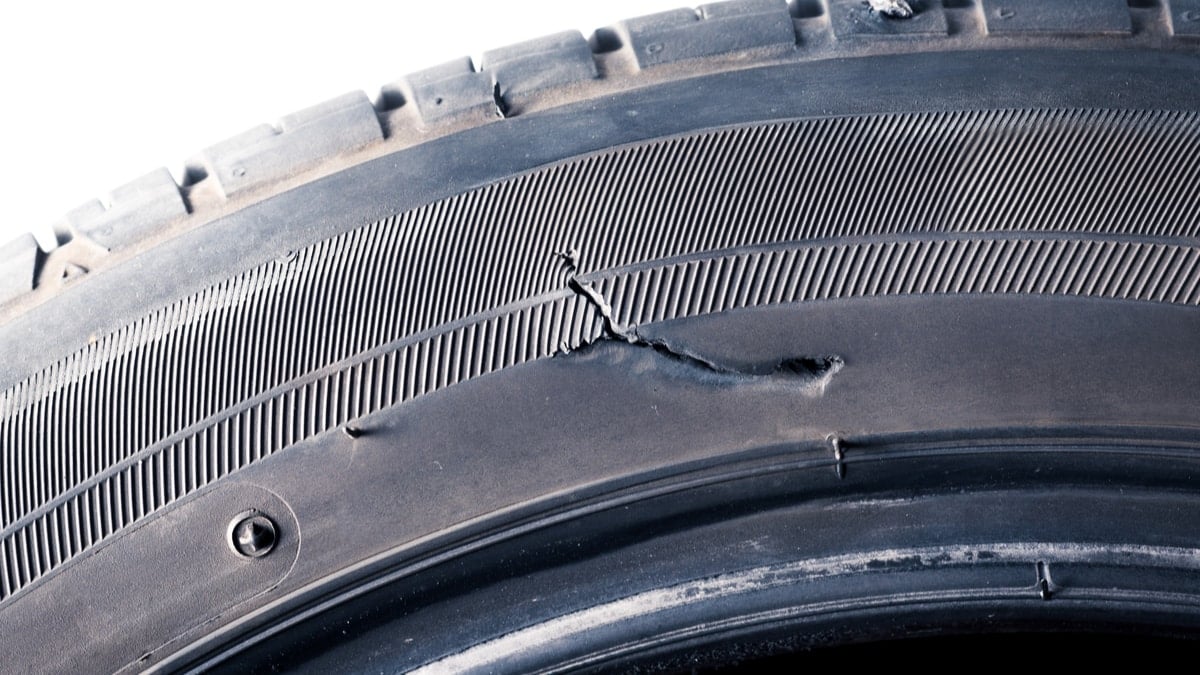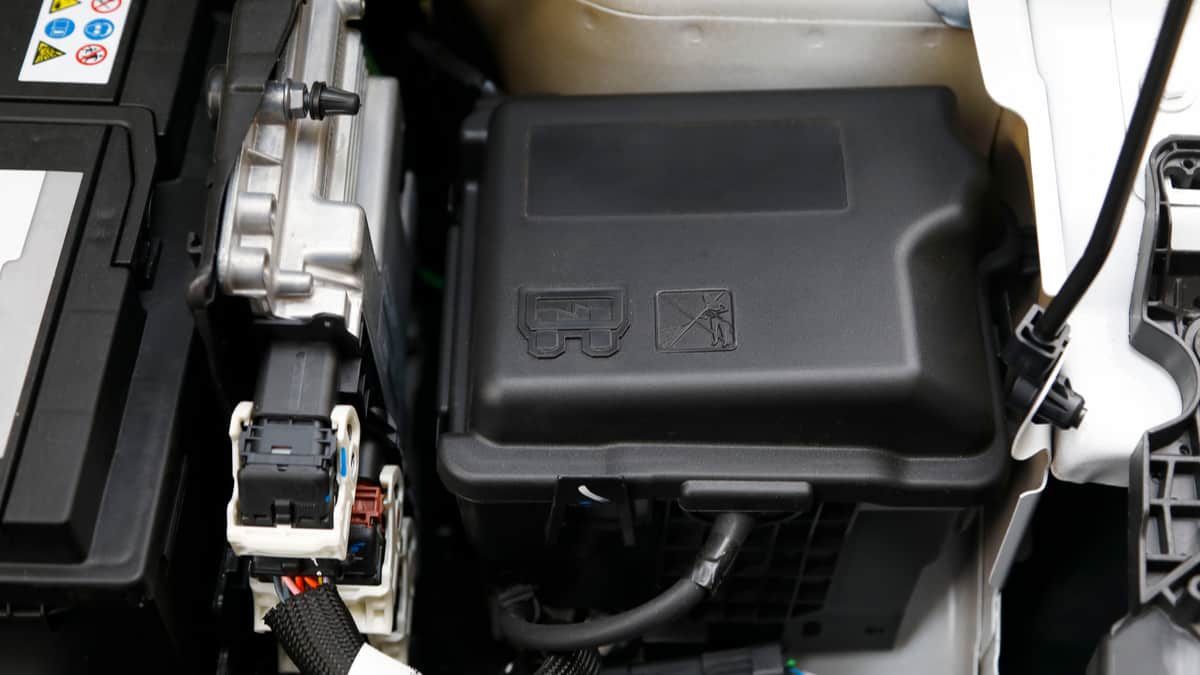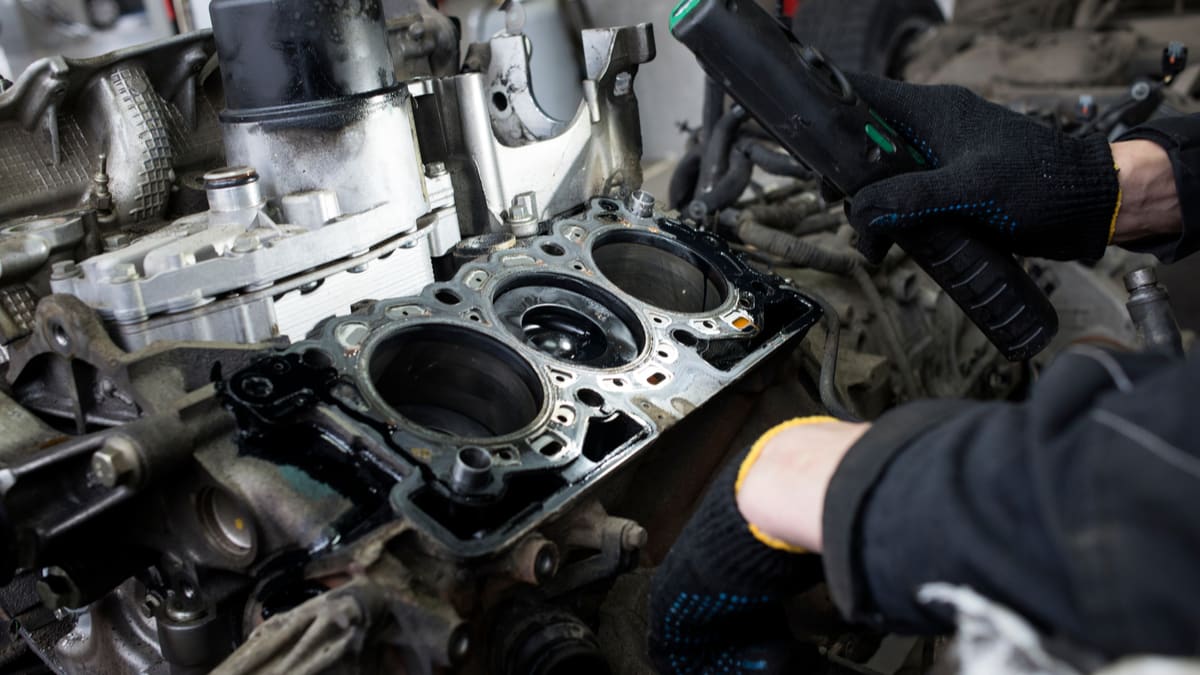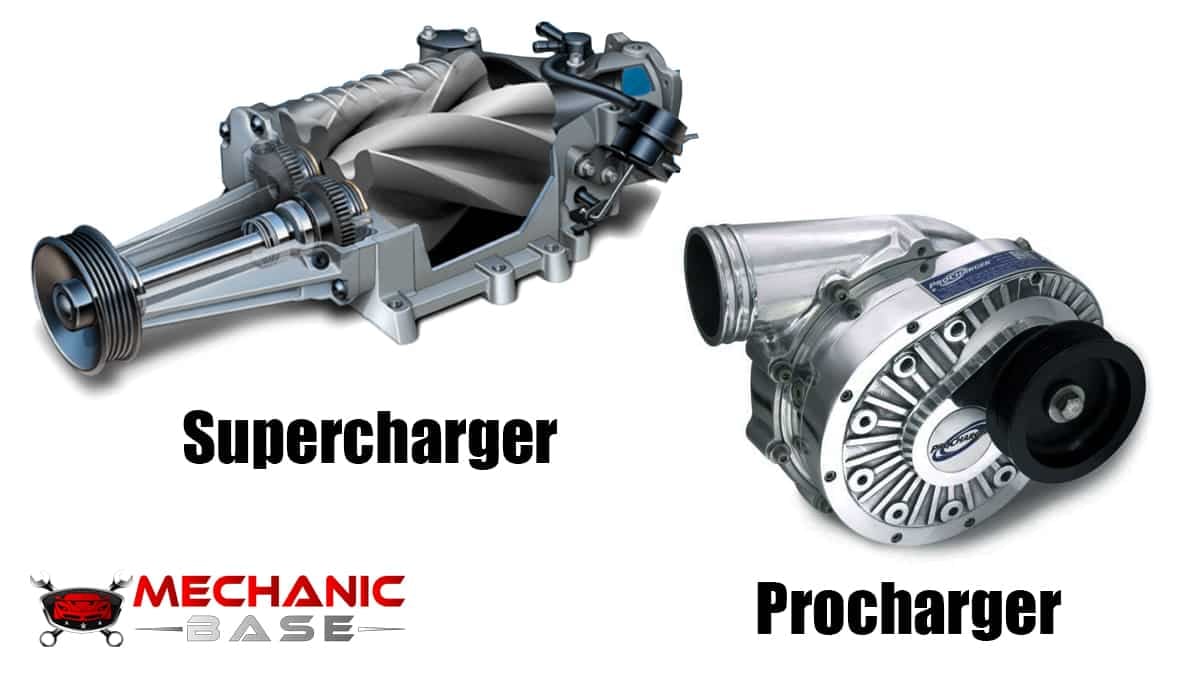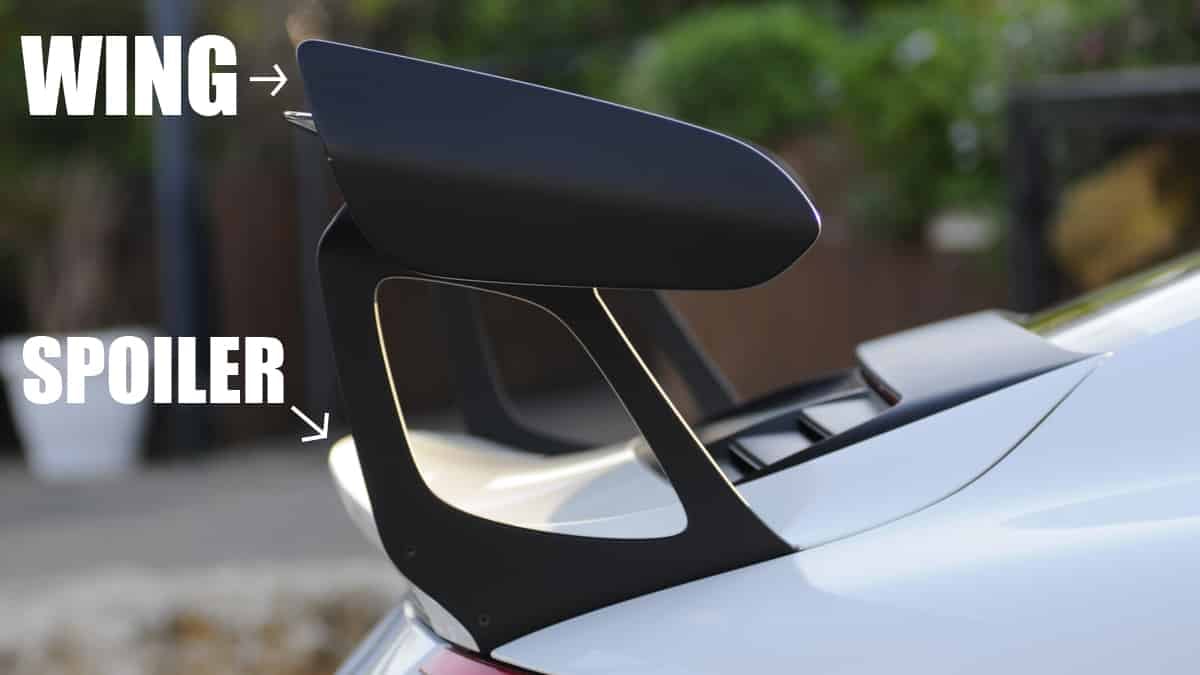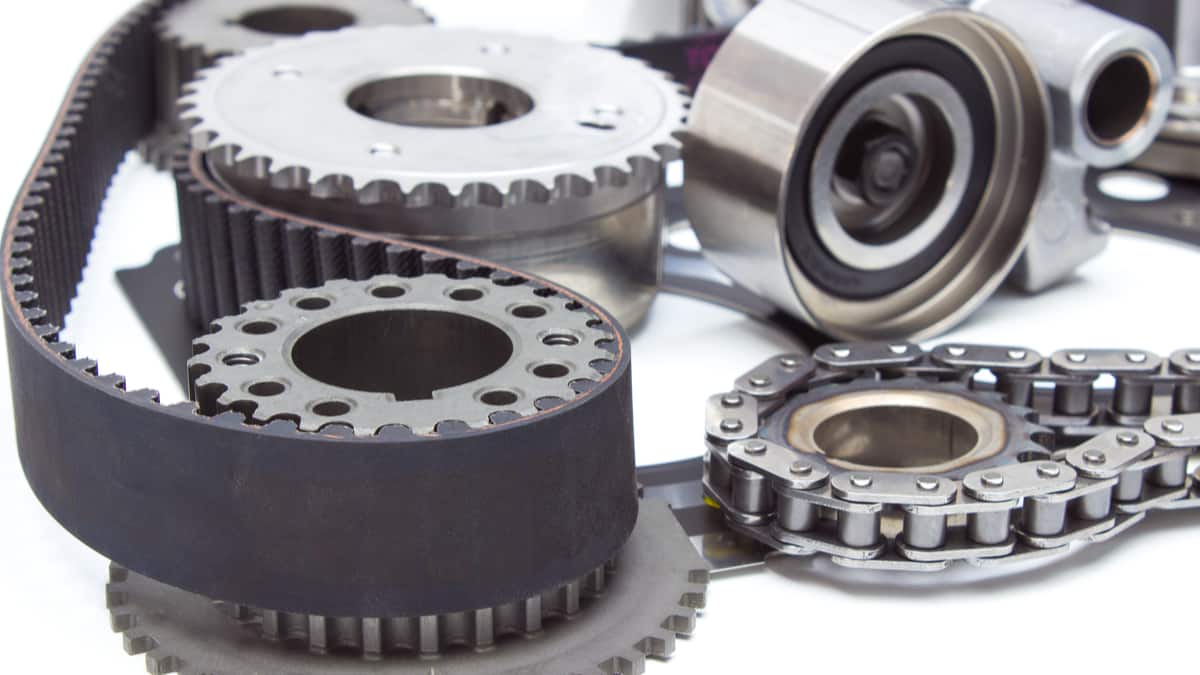When it comes to truck or SUV tires, the different terminology used can cause confusion. For example, what’s the difference between all-terrain vs. all-season tires? These two terms are commonly used to describe each other, but they are very different.
In this guide, we explain what each type of tire is and show you when to use it. We also examine the top differences side-by-side and answer some of your top questions.
What Are All-Terrain Tires?
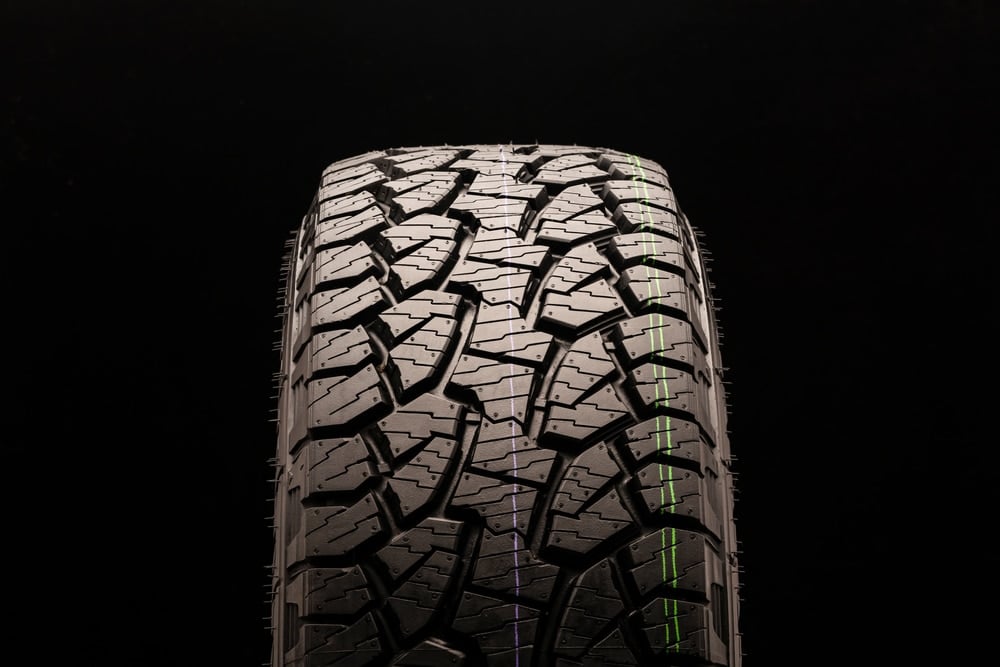
All-terrain tires are multi-purpose. They can be used on the highway and local streets, along with off-road trails and gravel roads.
They are also designed for the majority of weather conditions, including some snow. Because all-terrain tires have additional traction, you get a more aggressive look to your truck or SUV while off-roading.
When Should I Buy and Use All-Terrain Tires?
All-terrain tires work great if you need to use your vehicle for multiple purposes. If you want a comfortable ride while taking the kids to school but need the capability to head down dirt roads, these are a great option.
Because all-terrain tires are a good mixture of highway and mud tires, you can use them for daily driving purposes, as well as some mild off-roading. They can also navigate mud and dirt while keeping you from getting stuck.
What Are All-Season Tires?
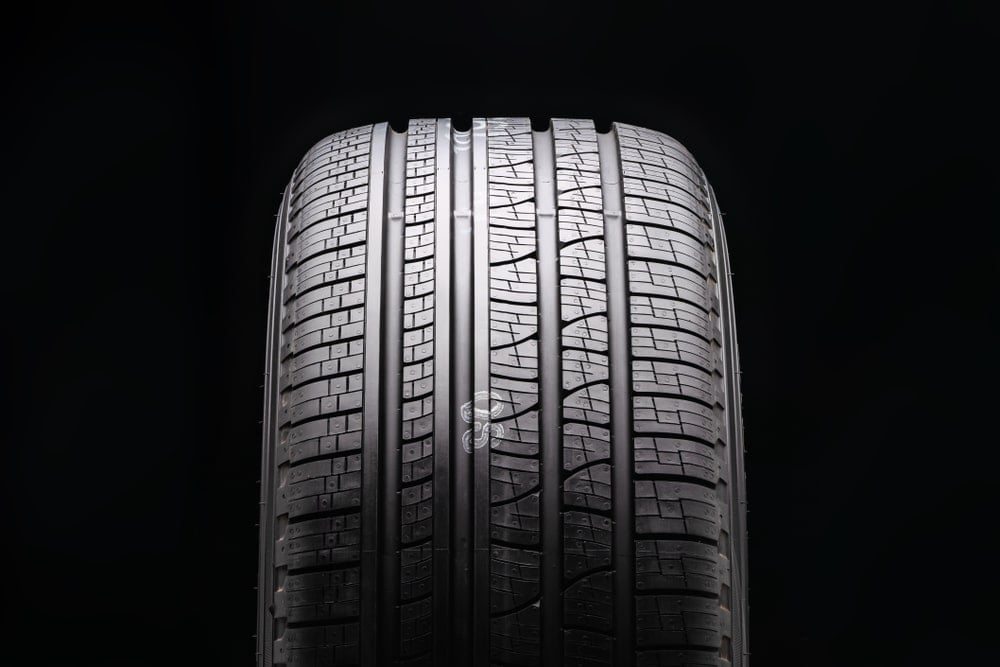
According to the NHTSA, 374 fatal crashes and about 25,000 injury crashes occurred during the winter months of 2020. Because of this, you may be looking for a tire that can provide additional traction.
All-season tires are meant to be used every month of the year. They provide good winter-driving ability, along with the other seasons. Instead of changing tires from summer to winter, you can use these during the entire year.
All-season tires handle well in the warm months but also provide better traction during winter. There are also some with superior mud ratings for messy conditions too.
When Should I Buy and Use All-Season Tires?
All-weather or all-season tires help you avoid bi-annual changes. Instead of swapping from summer to winter tires and vice versa, you can use one set all year long.
If you are worried about expenses or you have nowhere to store extra tires, these might be the best option. You gain the traction needed during the winter without compromising on-road handling during the summer.
What’s The Difference Between All-Terrain and All-Season Tires?
All-terrain tires are designed for SUVs and trucks that want to go down uneven roads without sacrificing everyday comfort. The all-season tire is meant to provide a good combination of summer driving ability with added traction for winter weather storms.
1. Purpose
The biggest difference between the all-terrain vs. all-season tires is what they are used for. All-terrain tires are meant for on- and off-road performance. They fit trucks and SUVs in a variety of tire sizes. Even if you are only spending a small amount of time off the beaten path, these tires are going to provide exceptional grip.
On the other hand, if you don’t head off-road but still need traction for weather events, the all-season tire is best for you. The all-weather tire provides support during summer driving and when navigating slippery wintery roads.
2. Fuel Economy
For the most part, there’s a decent drop in fuel economy with all-terrain tires on a truck or SUV. While this isn’t always the case, it tends to be the norm. Because all-terrain tires have an off-road tread, there’s more rolling resistance, which leads to additional fuel consumption.
On the other hand, all-season tires don’t sacrifice fuel economy to the same degree. All-season tires are built for cars, trucks and SUVs, with a focus on making them as fuel-efficient as possible while creating some additional traction. While this type of tire may provide a slight drop in fuel economy, it won’t be as noticeable as with all-terrain tires.
3. Treadwear

All-terrain tires contain a deep, wide tread pattern. This tread allows for better impact absorption and it offers superior traction off-road or in bad weather. However, this tread pattern also includes road noise, which is most noticeable when heading down the highway or other paved surfaces.
All-season tires contain a shallower tread pattern than the all-terrain option. This tread is better suited for on-road use. Because the thread channels are shallower, there’s less road noise. Still, the upgraded tread versus your typical tires offers more traction during bad weather conditions.
The tread on all-season tires is going to outlast that of all-terrain in most situations. That means fewer tire changes as well.
4. Cost
Most all-terrain tires have an elevated price tag. These are much more expensive compared with your traditional tires. Even the cheapest quality all-terrain tire will usually run $100 a piece. Additionally, because of the way that all-terrain tires are built, you are going to go through them faster than the average tire. This design means you will be buying new tires more frequently, also adding to the cost.
If you want to remove the all-terrain tires that came equipped on your truck or SUV, you can always downgrade to regular tires. This change helps you save some money, but it alters the capability of the vehicle.
All-season tires are going to be cheaper than all-terrain, but still slightly more than traditional tires. You can find a wide variety of all-season tires designed to fit most cars, trucks and SUVs. On average, a cheap all-weather tire may start at just $40, although you will probably want something a little better than that.
5. Comfort
As we discussed in the tread section, there’s a big difference between the design of the all-terrain and all-season tires. All-terrain tires aren’t meant for on-road comfort. Instead, the block tread is going to offer superior off-road traction at the expense of in-cabin comfort. You may hear more road noise and experience a bumpier ride.
If you need a quiet environment for your daily commute, the all-season tire is going to be better. Many of the top brands provide all-weather tires that don’t reduce comfort any more than the standard tire. Modern manufacturing and design practices continue to improve, making the ride even better every day.
6. Appearance
There’s a significant difference in how the all-terrain tire looks versus one made for all-season use. All-terrain tires have a blocky tread pattern for maximum traction. It provides an aggressive look, which is why these are often used for lifted trucks and SUVs.
The tread depth and sidewall measurements are also deeper than your all-season tire. Tread depth has everything to do with the ability to grip, so the deeper it goes, the better traction you have. Plus, the sidewall is the tire profile, revealing how much rubber is between the tire tread and the wheel. Because pickups need tires that have a higher profile, a thicker sidewall is fitted to prevent damage.
The all-season tire doesn’t provide an aggressive appearance. These tires don’t have the deep tread pattern found on all-terrain tires. In fact, these often look very similar to summer tires, with only some minor differences. The tire profile is often lower and the tread isn’t quite as blocky.
The shallow and straight tread channels allow water to be carried away from the center, so there’s still decent traction. Plus, the flat contact patches offer better road comfort without sacrificing handling.
Does all-terrain mean all-season?
These two terms define different tire types. All-terrain tires are meant to be used on- and off-road, while all-season tires are designed for on-road use in a variety of weather situations. You can use all-terrain tires for better weather traction, but all-season tires aren’t the best for off-road.
Which is better in snow all-terrain or all-season tires?
All-season tires are specifically designed to provide traction during snow. The tire has compounds that perform well in cool temperatures and the tread pattern will push slush or snow away for improved grip. While the all-terrain tire also provides some traction, this situation isn’t what the tire was made for.
Are all-terrain tires also all-season?
No, all-terrain tires have a deeper tread for off-road performance. This tire design offers better traction when navigating mud, sand and dirt. On the other hand, the all-season tire is only meant for on-road use but is helpful when dealing with slippery road surfaces, such as after a rain or snowstorm.
Can I use all-terrain tires in winter?
It’s not advisable, but still possible. You will gain a little more traction than with standard car tires. However, the rubber isn’t specifically designed for freezing temperatures and the compounds used don’t provide the same grip on slippery road surfaces. It’s best to choose all-season tires for winter driving.
Do all-terrain tires get worse gas mileage?
All-terrain tires aren’t meant to be fuel efficient. You’ll notice a drop when switching to these tires on your SUV or truck. All-terrain tires contain chunky off-road tread that equates added rolling resistance. The more rolling resistance a tire sees, the more fuel your vehicle is going to chew through.
If you have trouble determining if the all-terrain or all-season tire is right for you, it’s best to consult with a professional. Your local tire shop will know what works for your driving situation and the vehicle you have. Search out a reputable shop to visit for more advice.
Considering that the tires are the only part of a car that touches the ground, it’s important to have the right set installed. It could make the difference between life and death in a low-traction situation.
Categories: Tires
